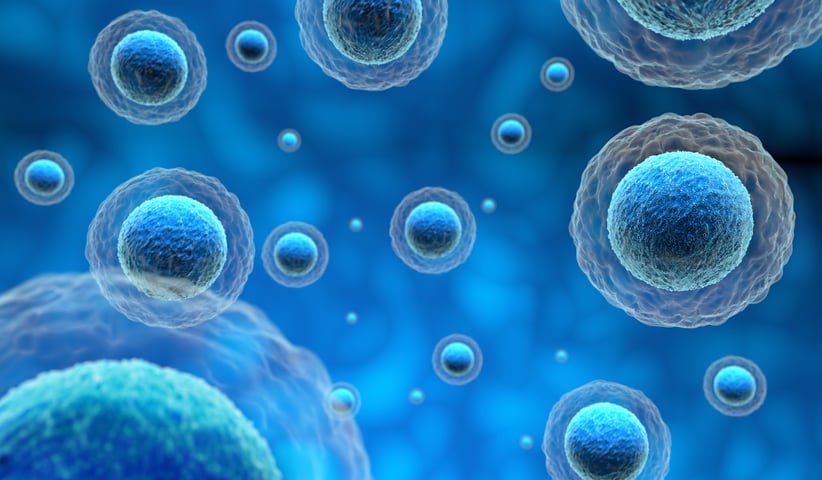
Recorded webinar
Implementing quartz crystal microbalance with dissipation monitoring for the development of novel biosensing assays
Exosomes have shown great importance in intercellular communication and disease transmission. As result, there has been a significant increase in trying novel biosensing platforms that can detect exosomal content such as proteins and nucleic acid with a view toward application in diagnostic assays.
This webinar will present recent efforts on implementing quartz crystal microbalance with dissipation monitoring (QCM-D) for reliable biosensing. The presenter has recently developed an approach, based on QCM-D, for the stepwise functionalization of surface immobilization and subsequent uptake and release of binding partners.
Webinar details
-
Originally aired
October 20, 2022
-
Length
48 min
-
Presentation by
Dr. Stefan Guldin
-
Technologies
QCM-D

In this webinar:
-
Discover how QCM-D technology is being adapted for sensitive and reliable detection of exosomal proteins and nucleic acids.
-
Learn about a novel stepwise surface functionalization method for biosensing applications.
-
Gain insights into the translation of nanomaterial research into practical diagnostic assay platforms.

Presentation by Prof. Stefan Guldin
Prof. Stefan Guldin is a leading researcher in adaptive nanomaterials and biosensing, currently heading the Adaptive and Responsive Nanomaterials group at University College London. He specializes in the development of innovative material architectures for chemo- and biosensing, with a strong track record in both academic research and translational biomedical technologies. Prof. Guldin’s expertise bridges fundamental nanoscience and real-world diagnostic solutions, making him a key authority on advanced biosensing platforms.
